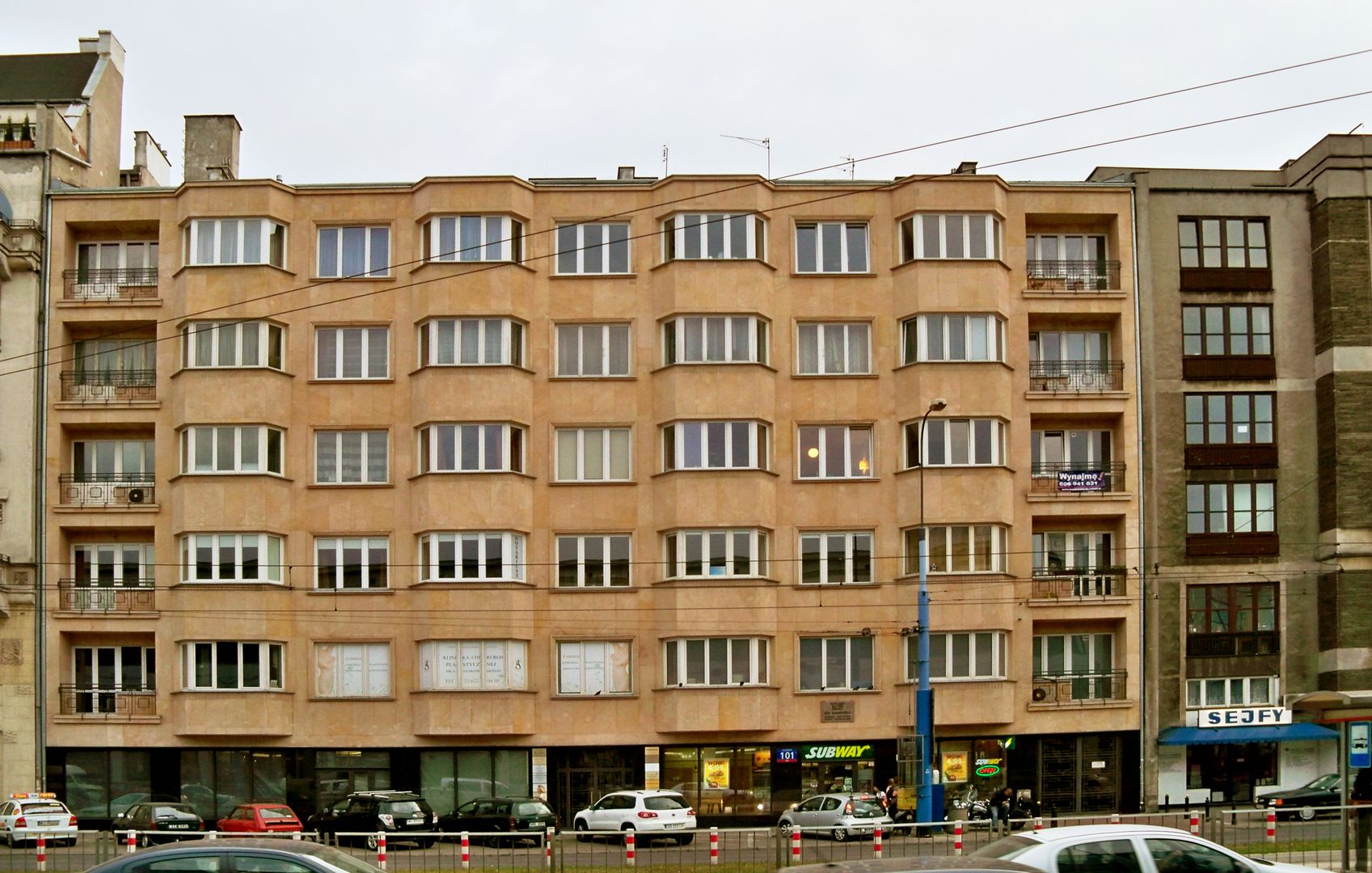Embassy of Russia in Poland
6.78

Overview
The Russian Embassy in Poland, located at 49 Belwederska Street in Warsaw, is an important diplomatic mission with a rich history dating back to the 16th century. Initially, Russian representations in Poland took the form of missions, later evolving into legations and embassies. Before World War I, Russia maintained numerous consulates in cities such as Gdańsk, Lwów, Toruń, and Szczecin. After 1918 and Poland's independence, the embassy garnered significant attention, particularly in the context of Polish-Soviet relations. In 1945, following World War II, the embassy was reestablished, and its headquarters underwent several significant relocations before settling in its current location.
The current embassy building, designed by architects Aleksandr Piotrowicz Wielikanow and Igor Jewgieniewicz Rożyn, was completed in 1955. Its architecture reflects the classicist style of 18th and 19th-century Russian palaces, featuring an impressive 100-meter-wide facade crowned with a green dome and a classic portico. It is surrounded by an extensive 4-hectare park, which also includes a tennis court and a swimming pool. The ambassador's residence is located in the "Podlasianka" Villa in Konstancin, and in the past, the embassy also maintained recreational centers.
In the cultural sphere, the embassy has played a significant role in promoting Russian culture, especially after diplomatic relations were established in 1921. Over time, its cultural activities expanded to include various initiatives, such as the House of Soviet Science and Culture, later renamed the Russian Center of Science and Culture, which changed its name and location over the years.
An interesting fact is that in the 1980s, the embassy operated its own recreational centers, as well as numerous trade representations across Poland. The frequent relocations of consulates in Polish cities and their significance in the context of bilateral relations are also noteworthy. In recent years, controversies have arisen regarding the ownership of properties managed by Russians in Warsaw, leading to disputes with city authorities seeking to regulate the legal status of these properties. In 2023, Warsaw took control of the building at 45 Kielecka Street based on a court ruling. Thus, the Russian Embassy remains not only a diplomatic site but also an area rich in history and contemporary challenges.
Location
Tickets
Powered by GetYourGuide
2026 Wizytor | All Rights Reserved